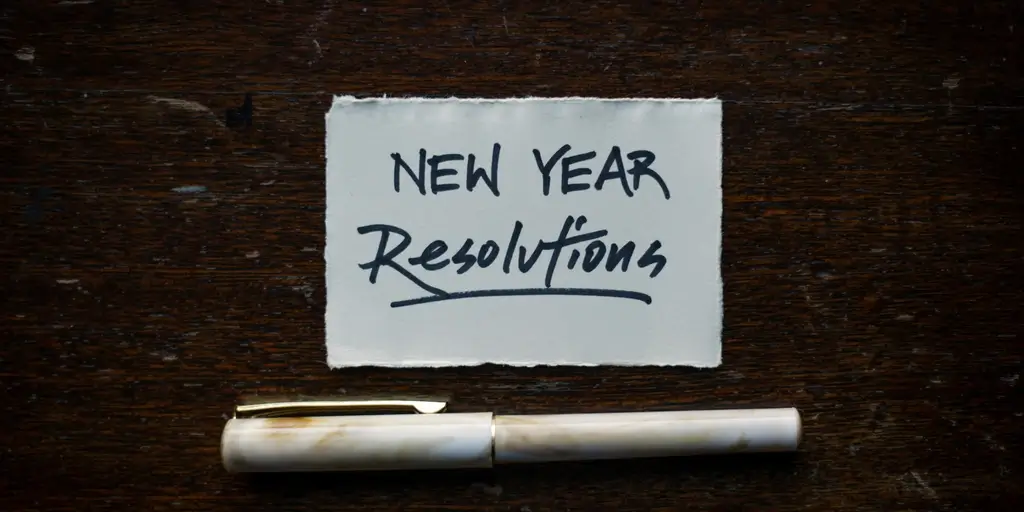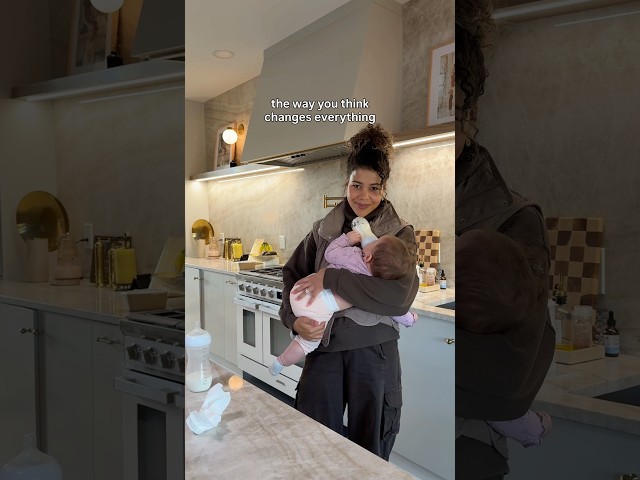Introduction
Mindful breathing is a powerful tool that can help you relax, reduce stress, and bring a sense of calm to your mind and body. It involves paying attention to your breath in a non-judgmental and intentional way. By focusing on your breathing, you can anchor yourself to the present moment and find relief from the pressures of daily life.
Techniques of Mindful Breathing
There are several techniques you can use to practice mindful breathing:
- Deep Breathing: Find a quiet place where you can sit or lie down comfortably. Close your eyes and take a deep breath in through your nose, allowing your belly to expand. Pause for a moment, then exhale slowly through your mouth. Repeat this several times, focusing on the sensation of your breath entering and leaving your body.
- Counting Breaths: Take a deep breath in and count slowly to four. Hold your breath for a count of four, then exhale slowly for a count of four. Repeat this cycle several times, focusing on the count and the rhythm of your breath.
- 4-7-8 Breathing: Inhale quietly through your nose to a mental count of four. Hold your breath for a count of seven, then exhale audibly through your mouth to a count of eight. Repeat this cycle several times, allowing your exhale to be longer than your inhale.
- Breath Observation: Sit quietly and observe your breath without trying to change it. Notice the sensation of the breath entering and leaving your body. Pay attention to the rise and fall of your belly, the feeling of air passing through your nostrils, or the movement of your chest. If your mind starts to wander, gently bring your focus back to your breath.
- Box Breathing: Visualize a box in your mind. Inhale while counting to four as you trace the top of the box. Hold your breath for a count of four as you trace the right side of the box. Exhale for a count of four as you trace the bottom of the box. Finally, hold your breath for a count of four as you trace the left side of the box. Repeat this cycle several times, tracing the imaginary box with your breath.
Benefits of Mindful Breathing
Mindful breathing offers numerous benefits for both your physical and mental well-being:
- Stress Reduction: When you focus on your breath, it helps to activate the relaxation response in your body. This can lower your heart rate, blood pressure, and stress hormone levels.
- Anxiety Relief: Mindful breathing can help calm racing thoughts and reduce anxiety symptoms. By redirecting your attention to your breath, you can create a sense of calm and relaxation.
- Improved Concentration: Regular practice of mindful breathing can enhance your ability to concentrate and stay focused. By training your mind to stay present, you can reduce distractions and be more attentive.
- Emotional Regulation: Mindful breathing can help you regulate your emotions and respond to challenging situations with greater equanimity. It allows you to pause, observe your emotions without judgment, and respond in a more mindful and thoughtful way.
- Better Sleep: Engaging in mindful breathing before bedtime can help you relax and prepare your mind for rest. By slowing down your breathing and shifting your focus away from racing thoughts, you can promote a sense of calm and improve the quality of your sleep.
- Increased Self-Awareness: Mindful breathing allows you to develop a deeper connection with your body and mind. By tuning into your breath, you can become more aware of your thoughts, feelings, and physical sensations in a non-judgmental way.
Incorporating Mindful Breathing into Your Daily Life
Mindful breathing is a practice that you can integrate into your daily routine to experience its benefits on a regular basis:
- Morning Routine: Start your day by setting aside a few minutes for mindful breathing. Sit quietly and focus on your breath to cultivate a sense of calm and presence before the busyness of the day begins.
- Work Breaks: Take short mindful breathing breaks throughout your workday to recharge and reduce stress. Close your eyes, take a few deep breaths, and bring your attention to the present moment.
- Before Sleep: Practice mindful breathing before bedtime to relax your mind and prepare for a restful night’s sleep. Lay in bed, close your eyes, and focus on your breath to release any tension or racing thoughts.
- In Stressful Situations: Whenever you find yourself in a stressful situation, take a moment to step away, find a quiet place, and practice mindful breathing. This can help you regain your composure and respond to the situation with greater clarity.
- During Exercise or Yoga: Incorporate mindful breathing techniques into your exercise or yoga routine. This can enhance your mind-body connection, promote relaxation, and improve your overall workout experience.
Remember, consistent practice is key to reaping the full benefits of mindful breathing. Start with just a few minutes each day and gradually increase the duration as you feel comfortable. With time and commitment, mindful breathing can become a valuable tool for relaxation and self-care in your everyday life.












Discussion about this post